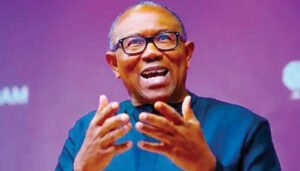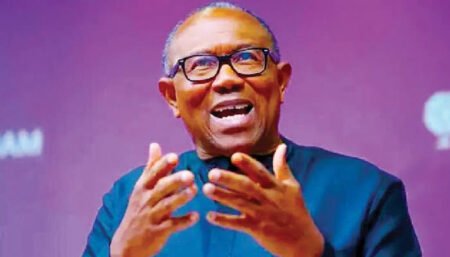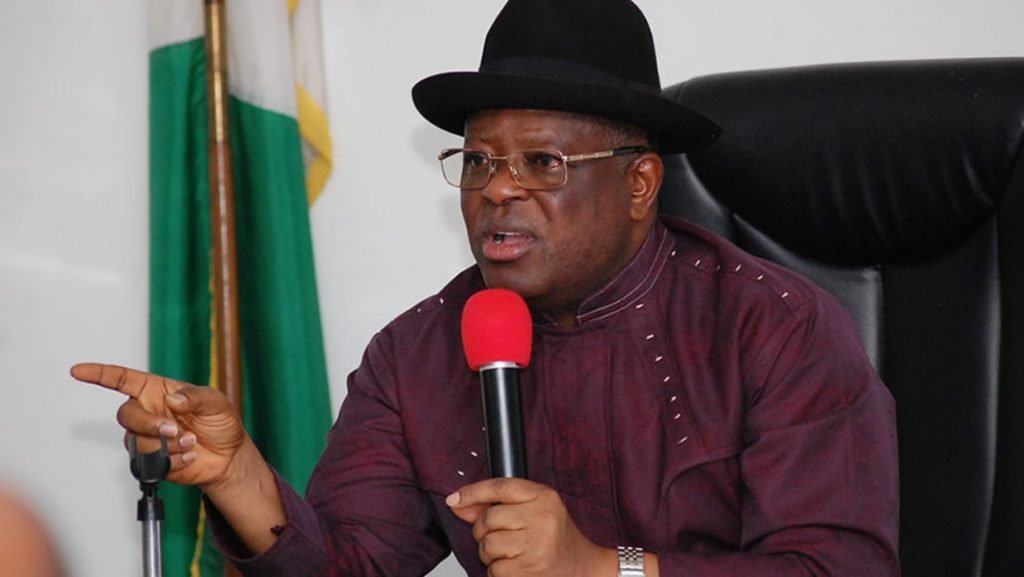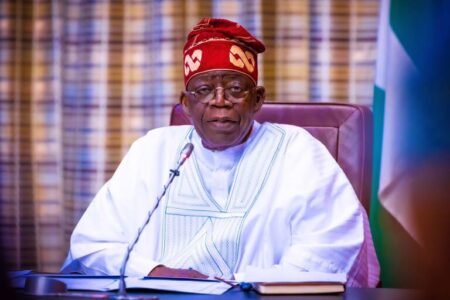The Independent National Electoral Commission (INEC) has hailed the decade-long leadership of its former Chairman, Professor Mahmood Yakubu, calling 2015 to 2025 one of the most transformative periods in Nigeria’s electoral history.
In two new reports, Election Management in Nigeria: 2015–2025 and Innovations in Electoral Technology: 2015–2025, INEC credited Yakubu’s administration with modernising the nation’s electoral system through groundbreaking technological and legal reforms.
Appointed in 2015 by President Muhammadu Buhari and reappointed in 2020, Yakubu became the first INEC Chairman to serve two full terms. His tenure spanned two general elections (2019 and 2023), 19 off-cycle governorship polls, and hundreds of bye-elections across over 4,500 constituencies.
Among his landmark achievements was the introduction of the Bimodal Voter Accreditation System (BVAS) and the INEC Result Viewing Portal (IReV), which allowed real-time transmission of polling unit results, a milestone in electoral transparency.
The reports also highlighted the deployment of the INEC Voter Enrolment Device (IVED) and the launch of an online Continuous Voter Registration (CVR) portal, enabling Nigerians to pre-register from anywhere, a first in the country’s electoral history.
Backed by the Electoral Act 2022, INEC was legally empowered to adopt technology for voter registration, accreditation, and result management. This, the Commission noted, enhanced its independence and boosted public trust.
Yakubu’s era also saw the expansion of polling units for the first time in 25 years from 119,974 to 176,846 to ease voter access and reduce overcrowding. He established the INEC School (INECSCH) and Virtual Electoral Training System (VETS) to professionalise election management and train staff nationwide.
The Commission credited his leadership with prioritising inclusion by introducing braille ballot guides, magnifiers, and priority voting for persons with disabilities, internally displaced persons, women, and youths.
Despite challenges such as insecurity, vote buying, and attacks on over 50 INEC offices between 2019 and 2023, Yakubu said the Commission “responded with innovation, resilience, and reform.”
As INEC looks beyond his tenure, it pledged to deepen international partnerships and continue modernising Nigeria’s electoral system for greater transparency and trust.










